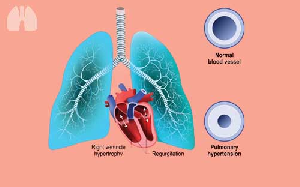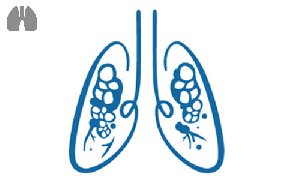
Abstract
Background
The real-world efficacy of the P2X3 antagonist gefapixant, a new class of antitussive for refractory chronic cough, is not yet fully understood. This study aimed to evaluate the real-world usage and response to gefapixant in patients with refractory chronic cough.
Methods
This multicentre retrospective study involved patients with refractory chronic cough who visited cough clinics and were prescribed gefapixant. Data collected included baseline demographics, cough characteristics, response to gefapixant, degree of taste disturbance (both assessed by cough specialists), and the course of cough after discontinuation, if applicable.
Results
272 cases were analysed. The population was predominantly middle-aged females, with most patients having asthmatic cough as a comorbidity, dry cough, and predominantly daytime cough. Half of the patients reported a response rate of ≥5 on a 0–10 scale, with 25% reporting a response rate of ≥8. Among responders (response rate ≥5), improvement was largely seen within 2 weeks. The median treatment duration with gefapixant was 32 days (interquartile range 14–175 days), with longer treatment periods observed in responders. Responders typically had more severe pre-treatment cough, dry cough, asthmatic cough as a comorbidity and specific laryngeal sensations. In patients who discontinued gefapixant, sustained improvement was observed in responders. Taste disturbance was not associated with response to gefapixant and was less frequent in patients with cough triggers such as smoke, dry air, or scents, than in those without these triggers.
Conclusions
Gefapixant demonstrated a rapid and effective antitussive effect in this multicentre, real-world study.














